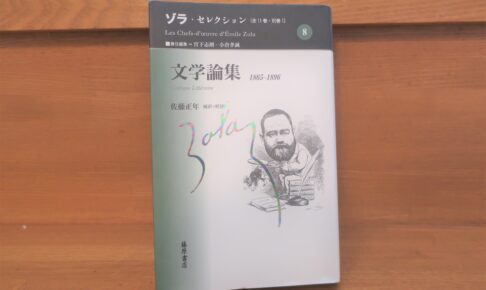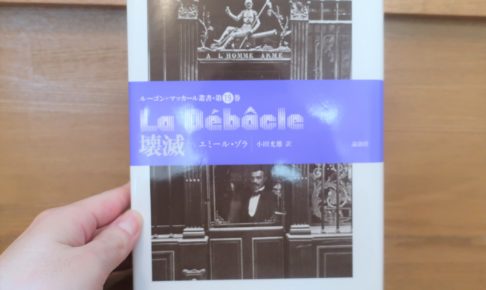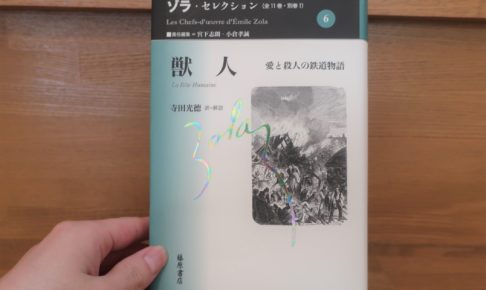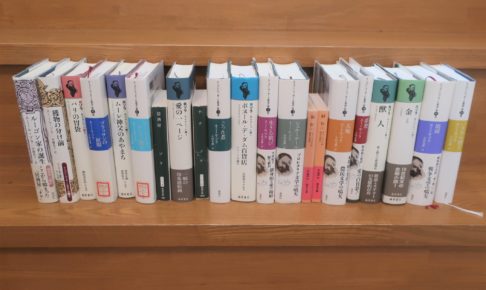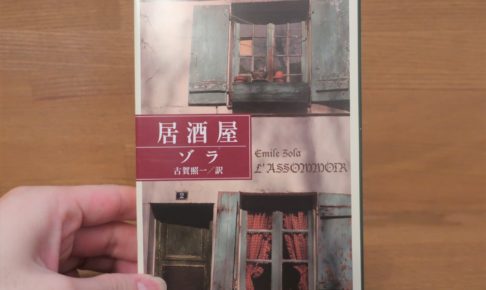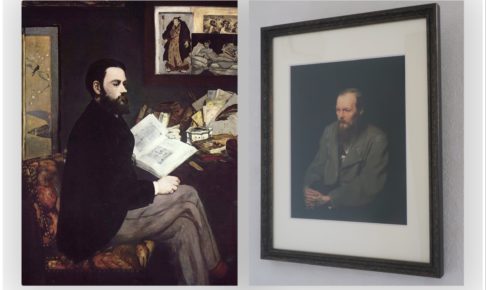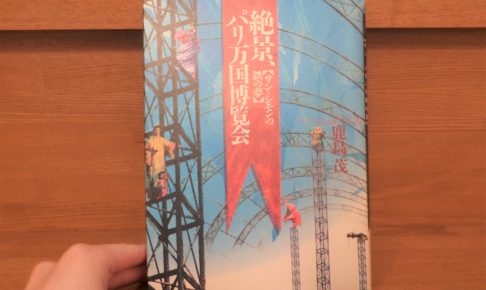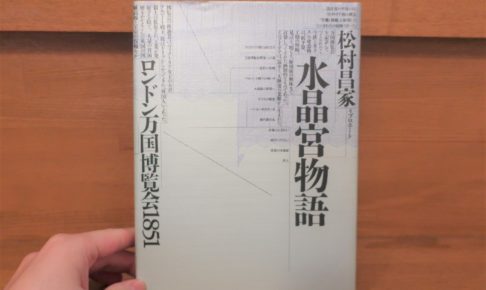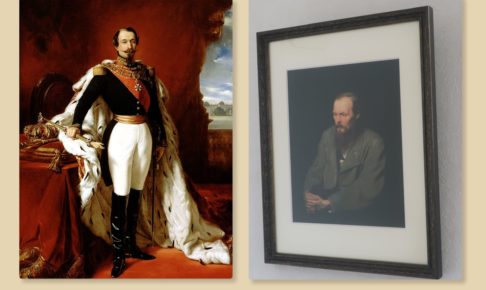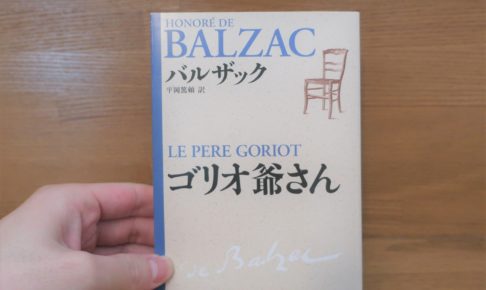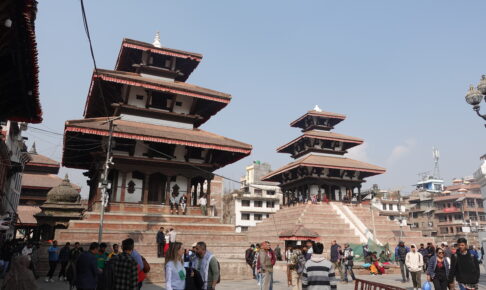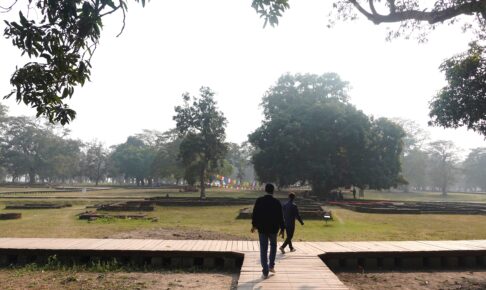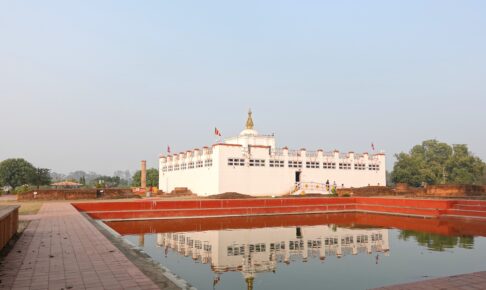What is Emile Zola's Novel Style and Naturalistic Literature - What makes Zola so great?
The terms "00ism" and "~~ism" are often used to determine what group a writer belongs to or what tendencies he or she has.
However, the word itself may be difficult to understand, and it may be even more complicated than it needs to be.
In such a situation, Zola explains his own novel style, "naturalistic literature," in his own words. It was very easy to understand, so this article will consider the characteristics of Zola's novel style with reference to Zola's words.












